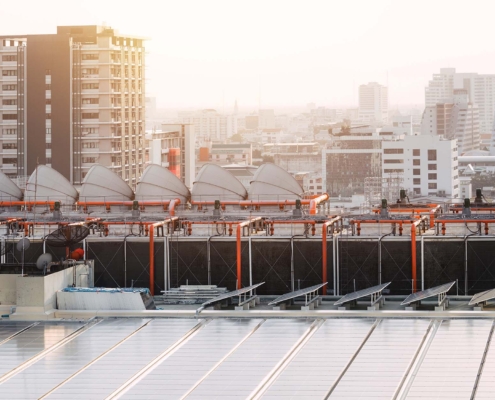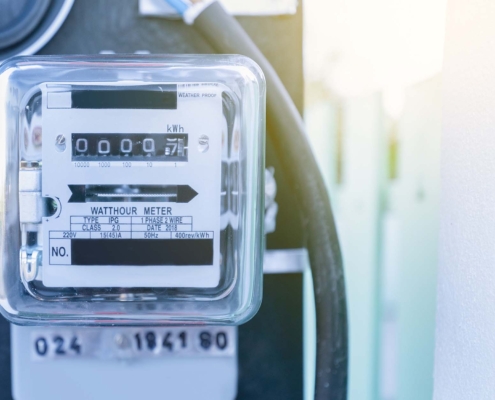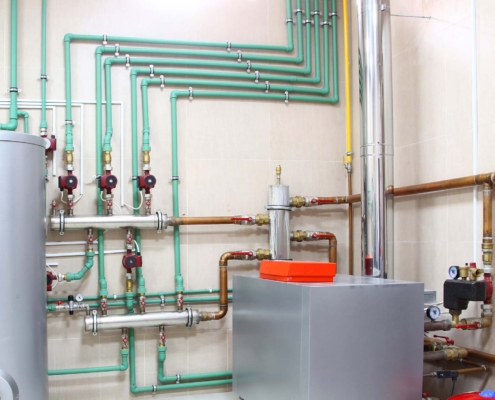 https://www.aircomfort.com/wp-content/uploads/2022/10/What-Is-IECC-and-How-Does-It-Affect-Your-Business__.jpg
1250
2000
Ike Oji
/wp-content/uploads/2021/08/AC_Logo_FIN_-wTag.png
Ike Oji2022-10-31 09:00:002023-04-27 15:24:16What is the IECC?
https://www.aircomfort.com/wp-content/uploads/2022/10/What-Is-IECC-and-How-Does-It-Affect-Your-Business__.jpg
1250
2000
Ike Oji
/wp-content/uploads/2021/08/AC_Logo_FIN_-wTag.png
Ike Oji2022-10-31 09:00:002023-04-27 15:24:16What is the IECC?Tips to Maintain Energy Efficient Heating and Cooling Systems
Heating and cooling is a building necessity, like plumbing and running water. Proper heating and cooling installation and maintenance affect building safety, comfort, and costs. Concerning costs, building owners will want to maintain high energy efficiency in heating and cooling systems.
High energy efficiency not only benefits the environment by burning less fuel, but it also improves HVAC system operations and lowers monthly utility costs. While aging heating and cooling systems must be replaced at some point, there are a few methods you can use to encourage higher energy efficiency.
Tune up your HVAC equipment annually
The same way a car tune-up can improve your gas mileage, an annual tune-up of your heating and cooling system can improve efficiency. A typical maintenance check-up should include the following:
- Check thermostat settings to ensure the cooling and heating system keeps you comfortable when you are home and saves energy while you are away.
- Tighten all electrical connections and measure voltage and current on motors. Faulty electrical connections can cause unsafe operation of your system and reduce the life of major components.
- Lubricate all moving parts. Parts that lack lubrication cause friction in motors and increases the amount of electricity you use.
- Check and inspect the condensate drain in your central air conditioner, furnace and heat pump (when in cooling mode). A plugged drain can cause water damage in the house and affect indoor humidity levels.
- Check controls of the system to ensure proper and safe operation. Check the starting cycle of the equipment to assure the system starts, operates, and shuts off properly.
Change your air filter
Check your filter every month, especially during winter and summer, when filters might catch a high load of pollen and dust. If the filter looks dirty after a month, change it. At a minimum, change the filter every three months. A dirty filter will slow down air flow and make the system work harder to keep you warm or cold. This wasted energy raises utility costs and spreads illness. If left unchecked, a dirty filter can lead to system failure and the need for expensive repairs.
Seal your heating and cooling ducts
Ducts that move air to-and-from a forced air furnace, central air conditioner or heat pump are often big energy wasters. Sealing and insulating ducts can improve the efficiency of your heating and cooling system by as much as 20 percent. Focus first on sealing ducts that run through the attic, crawlspace, unheated basement, and garage.
Install a programmable thermostat
A programmable thermostat is ideal for people who are away from home during set periods of time throughout the week. Through proper use of pre-programmed settings, a programmable thermostat can keep consistent temperature at consistent times and give you net savings in energy costs each month.
Be Energy Efficient With Air Comfort
Going green isn’t just good for the environment—it’s good for your budget, too. While the tips above can help to improve your energy efficiency, at some point drastically, you will have to replace your heating and cooling system with up-to-date equipment. Once the time comes, the experts at Air Comfort are available to find the energy efficient HVAC system that’s right for you.
Air Comfort has more than 80 years of experience and credibility as one of Chicagoland’s premier service, commercial and industrial mechanical contractors. From HVAC installation to green building design plans, our team has the expertise you need.
Related Postings
 https://www.aircomfort.com/wp-content/uploads/2022/10/What-Is-IECC-and-How-Does-It-Affect-Your-Business__.jpg
1250
2000
Ike Oji
/wp-content/uploads/2021/08/AC_Logo_FIN_-wTag.png
Ike Oji2022-10-31 09:00:002023-04-27 15:24:16What is the IECC?
https://www.aircomfort.com/wp-content/uploads/2022/10/What-Is-IECC-and-How-Does-It-Affect-Your-Business__.jpg
1250
2000
Ike Oji
/wp-content/uploads/2021/08/AC_Logo_FIN_-wTag.png
Ike Oji2022-10-31 09:00:002023-04-27 15:24:16What is the IECC? https://www.aircomfort.com/wp-content/uploads/2022/09/Electrical-equipment.energy-meter-is-a-device-that-measures-the-amount-of-electric-energy-consumed-by-a-residence.jpg
1250
2000
Valeriia Mamleeva
/wp-content/uploads/2021/08/AC_Logo_FIN_-wTag.png
Valeriia Mamleeva2022-09-22 09:00:052023-04-27 15:24:16How To Reduce Energy Use in Commercial Buildings
https://www.aircomfort.com/wp-content/uploads/2022/09/Electrical-equipment.energy-meter-is-a-device-that-measures-the-amount-of-electric-energy-consumed-by-a-residence.jpg
1250
2000
Valeriia Mamleeva
/wp-content/uploads/2021/08/AC_Logo_FIN_-wTag.png
Valeriia Mamleeva2022-09-22 09:00:052023-04-27 15:24:16How To Reduce Energy Use in Commercial Buildings https://www.aircomfort.com/wp-content/uploads/2022/09/boiler-room_.jpg
1250
2000
Valeriia Mamleeva
/wp-content/uploads/2021/08/AC_Logo_FIN_-wTag.png
Valeriia Mamleeva2022-09-15 09:00:372023-04-27 15:24:16How To Identify Common Boiler Problems
https://www.aircomfort.com/wp-content/uploads/2022/09/boiler-room_.jpg
1250
2000
Valeriia Mamleeva
/wp-content/uploads/2021/08/AC_Logo_FIN_-wTag.png
Valeriia Mamleeva2022-09-15 09:00:372023-04-27 15:24:16How To Identify Common Boiler Problems

About
Air Comfort’s mission is to work closely with customers to provide a true “comfort level” for their businesses, with uninterrupted performance and round-the-clock reliability.


